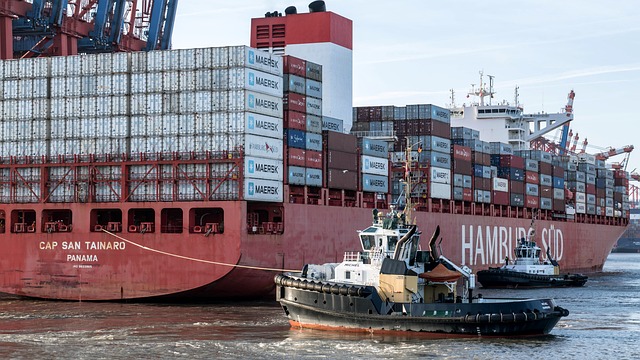Shipping Baking Powder from Guangzhou/Shenzhen to Giza Port, Egypt: A Detailed Guide for 20FT/40FT FCL and LCL Shipping
1. Shipping Options Overview
- FCL (Full Container Load): This is the best option if you have a large shipment, as it allows you to fill a whole container. It is more cost-effective per unit for large volumes.
- LCL (Less than Container Load): This is ideal if you have a smaller shipment, as you share container space with other shipments. However, LCL shipments usually take longer and incur handling fees.
2. Shipping from Guangzhou/Shenzhen to Giza Port, Egypt
- Ports of Origin: Guangzhou or Shenzhen Port (both are major ports in southern China).
- Destination Port: Giza Port (sometimes, the shipment may land at Alexandria Port or Port Said, but Giza Port is typically where goods are routed for inland transport).
- Route Options:
- Sea Freight: The most common method for bulk goods like baking powder, especially for FCL shipments.
- Air Freight: Expedited air freight is an option for smaller or urgent shipments, but it’s more expensive than sea freight.

3. Steps for Shipping Baking Powder (FCL and LCL)
Step 1: Preparation and Packaging
- Packaging: Baking powder is typically packaged in tightly sealed, airproof containers (usually plastic or metal drums) to prevent moisture from affecting its quality. Ensure proper packaging to meet international shipping standards.
- Labeling: Clearly label the packaging with all the required details like the consignee’s name, destination address, and weight.
- Documentation: Prepare the necessary documents including:
- Commercial invoice
- Packing list
- Bill of Lading (for FCL)
- Certificate of Origin (optional)
- Phytosanitary or health certification (depending on Egypt’s import regulations)
Step 2: Choose the Right Shipping Method (FCL or LCL)
-
FCL (Full Container Load):
- Container Types: Choose between a 20FT container (roughly 33 cubic meters) or 40FT container (roughly 67 cubic meters), depending on the volume of your shipment.
- FCL Advantages:
- Direct, faster transit.
- Lower risk of damage due to less handling.
- Fixed cost for the whole container.
- Suitable for large shipments, reducing per-unit shipping costs.
-
LCL (Less than Container Load):
- LCL Advantages:
- Ideal for smaller shipments that don’t require a full container.
- Lower upfront cost compared to FCL, as you share space with other goods.
- Pay only for the space you use.
- LCL Disadvantages:
- Longer shipping times due to consolidation and deconsolidation of the cargo at transshipment ports.
- More handling, increasing the risk of damage.
- LCL Advantages:
Step 3: Customs and Export Clearance in China
- Work with a reliable freight forwarder to handle export clearance from China.
- The freight forwarder will file the customs declaration and ensure all necessary documents are in place for smooth export.
Step 4: Shipping via Sea Freight
- FCL Transit Time: Generally, the sea freight transit from Guangzhou or Shenzhen to Giza Port takes around 25 to 35 days (depending on the shipping line and routing).
- LCL Transit Time: Typically takes 35 to 50 days, as LCL shipments may involve additional time for consolidation and deconsolidation at transshipment hubs.
- Port Handling: Once the container reaches Giza Port, the port authorities will process the shipment for customs clearance.
Step 5: Customs and Import Clearance in Egypt
- Egypt’s customs authorities will require:
- A commercial invoice with a clear description of the goods.
- Bill of Lading (for FCL) or Waybill (for LCL).
- Import permit (if required).
- Health and safety certificates for food-related products, which baking powder might require.
- Work with a local customs broker to clear the goods through Egyptian customs.
- Import Duties & Taxes: Ensure you’re aware of Egypt’s import duties, VAT, and any other applicable taxes. For baking powder, the tax may be low, but it depends on the tariff classification.
Step 6: Delivery to Final Destination (Giza or Cairo)
- Once customs clearance is done, your goods can be transported inland from the port to their final destination in Giza or Cairo.
- Inland Transport: Giza is close to Cairo, and shipping companies will arrange truck transport to deliver goods directly to your warehouse or address.



